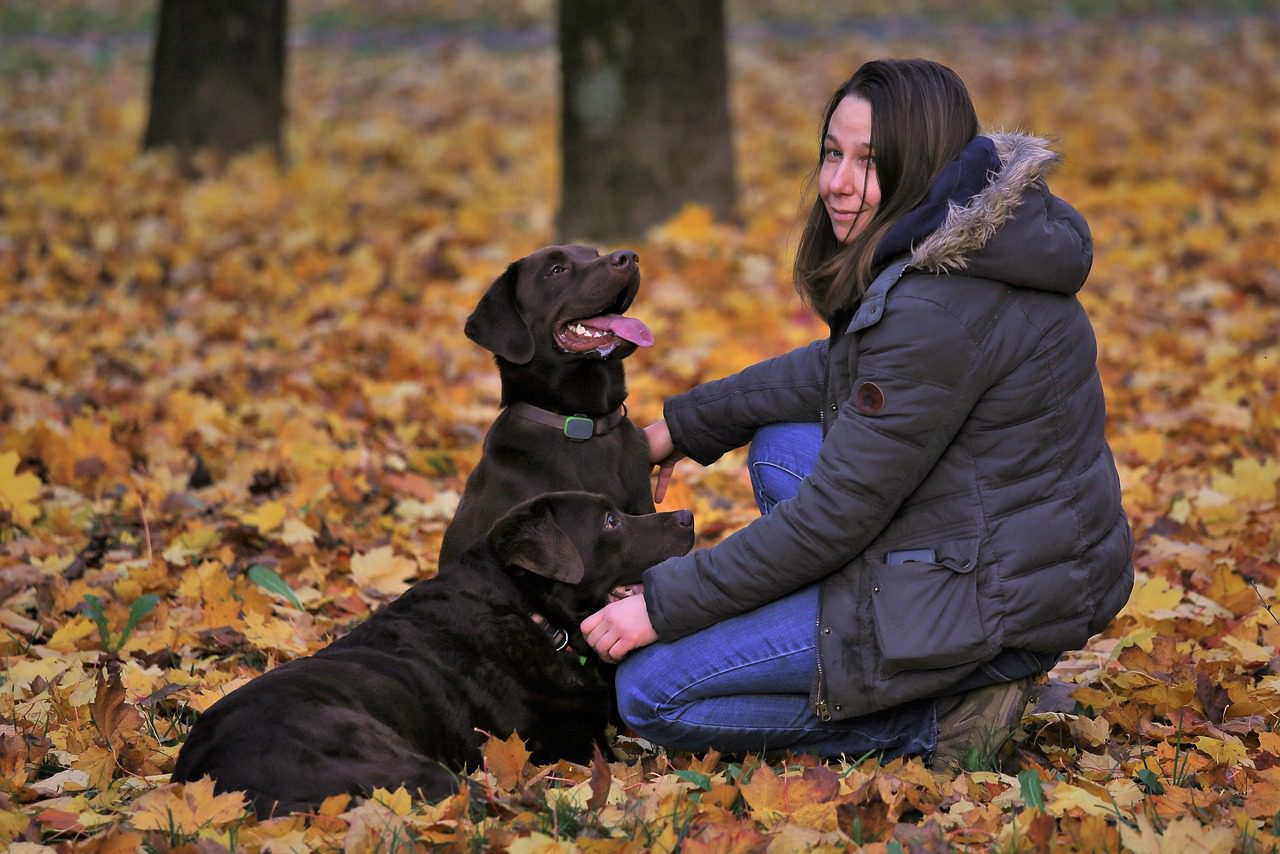Most of us have heard of the term PTSD (posttraumatic stress disorder). It is a mental health disorder tied to a specific trauma or stressor that results in chronic symptoms that usually require treatment. PTSD is common in people who experience combat, natural disasters, shootings, abuse and more. Due to the symptoms of PTSD, the disorder can be distressing and/or impairing to everyday life.
People with PTSD often experience symptoms like intrusive distressing memories and/or dreams, flashbacks, and physical symptoms. They avoid reminders of traumatic events, have negative moods, can be easily startled, become hypervigilant and have sleep and concentration problems. These symptoms make day to day living more difficult.
Like most mental health disorders, early treatment is key to getting better. Currently, researchers are conducting studies to see if dogs can detect stress in people with trauma histories. Dogs might help us early identify people with PTSD to get them the help they need.
Why dogs? First, dogs have an amazing sense of smell. Their smell is up to 100,000 times more sensitive than humans. The thinking is that because of their super sense of smell, dogs could detect stress-related compounds in the breath of people experiencing trauma and PTSD. In fact, indications are that dogs can be trained to smell the breath of a person to detect episodes of pending distress to prompt people with PTSD to use their coping skills. In other words, dogs could help alert a person to threat before physical symptoms begin.
Using breath samples from humans, dogs were trained to identify odors from samples of people with PTSD. Then the dogs were tested to see if they could discern which people suffered or not. The dogs did exceptionally well with around 90% accuracy.
If we train dogs in this way, the question is, could they alert their masters to sense their arousal levels and cue them to ward off negative physical symptoms associated with PTSD? If so, the person with PTSD could then apply their skills learned in therapy and practice calming. This would prevent further symptoms.
We do know that dogs are great companions that offer comfort to their owners. But they also help people manage their anxiety and can detect other medical conditions like an on-coming seizure or hypoglycemia in diabetes. Now it sounds like dogs may be capable of even more mental health help!
Stay tuned, you may have one more reason to invite a furry friend into your life.



